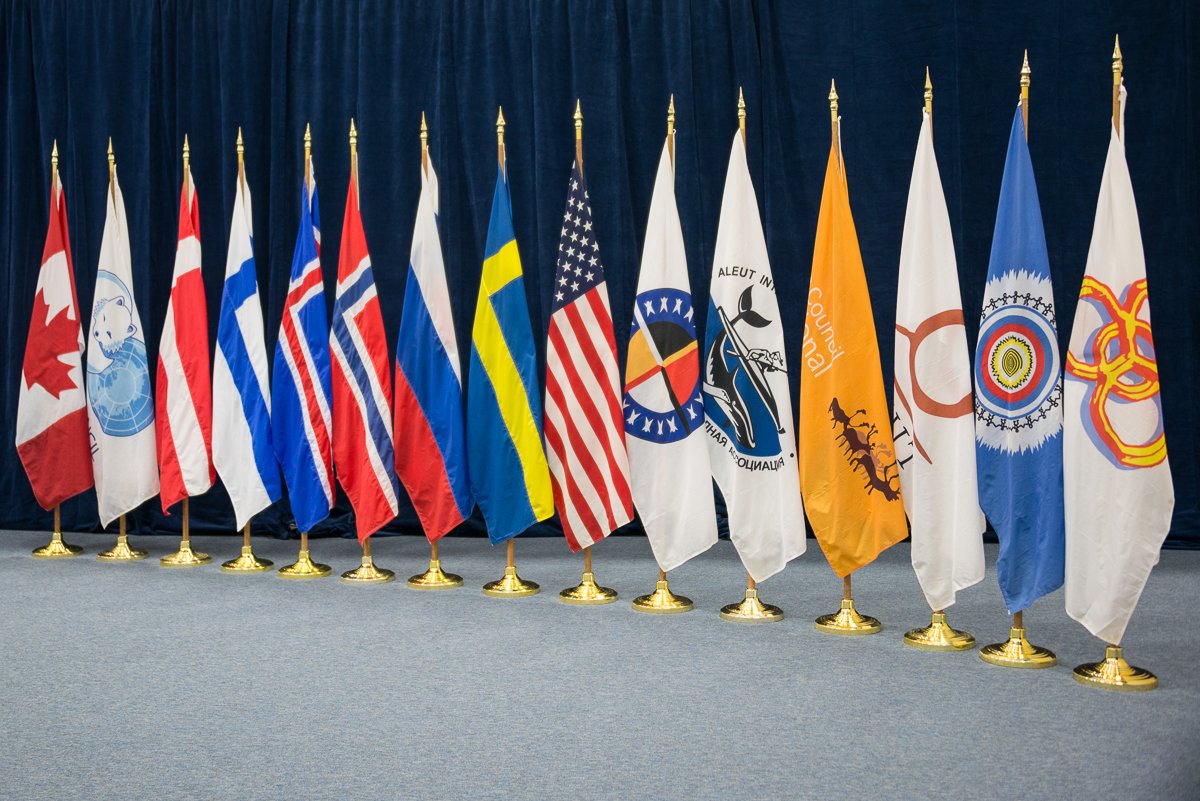In an exclusive interview with the ArcticToday news platform, the highest-ranking U.S. diplomat for the Arctic said it remains unclear how the U.S. will continue to collaborate with other members of the Arctic 7 while official work on the Arctic Council is paused.
“Russia’s credit rating had been reduced to junk status, and I would say that that is not unlike Russia’s standing in the Arctic,” declared Jim DeHart, the outgoing U.S. Arctic coordinator.
The U.S. joined six other Arctic nations, including Canada, in early March for a historic pause of the Arctic Council’s work while condemning Russia’s invasion of Ukraine.
The region’s commitment to cooperation and rules-based order has kept it peaceful, but the Arctic Council was built on principles of sovereignty and territorial integrity, he said. “When Russia violates those principles so outrageously in another part of the world, we have to take that really seriously in the Arctic as well, because principles don’t stop at borders.”
There was “easy” consensus on the decision to temporarily stop the work, Mr. DeHart said. But the so-called “Arctic 7” nations (the seven Arctic Council members other than Russia) were careful to say the work is temporarily paused, rather than withdrawing from or reconstituting the membership of the council.
The Arctic 7 will likely continue collaborating unofficially on some of the key issues facing the region, though the extent to which they work together as a group isn’t clear yet.
“We’re going to have to figure that out together, as like-minded partners in the council, how to move forward in a way that will sustain cooperation,” he said. “But we have more deliberations we need to undertake with our close partners before we make any decisions there.”
Before Russia’s invasion of Ukraine, the U.S. was concerned about Russian military activities in the Arctic, including opaque military exercises in the region, GPS jamming of Arctic neighbors that affected civilians, and what the U.S. says is the unlawful regulation of the Northern Sea Route.
The Biden administration still wants to keep the region peaceful and low-tension, but they also remain committed to working with allies, NATO countries, and NORAD “to address whatever threats that could arise.”
While the focus is now turned to Russia, China’s presence in the Arctic has also been a concern for the U.S.
China has been involved in “critical infrastructure,” including telecommunications, ports, and airfields, and conducted scientific missions in the North that are “clearly not entirely about pure science, but also potentially laying the groundwork for them to be involved in the Arctic militarily in the future,” Mr. DeHart affirmed.
While the U.S. isn’t opposed to all Chinese investment, it will insist on transparency and on adherence to rules-based order, he said.
Collaboration with Arctic nations has been an important part of the U.S. approach to the Arctic. Opening the consulate in Nuuk, Greenland, in June 2020 “was one of the smartest things we’ve done,” allowing U.S. diplomats to work directly with communities “that would otherwise be really difficult to reach,” he said.
(Image from Arctic Council Secretariat of flags of Arctic Council members and permanent participants)





